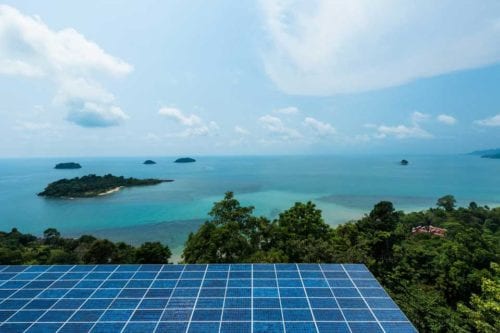
Global South
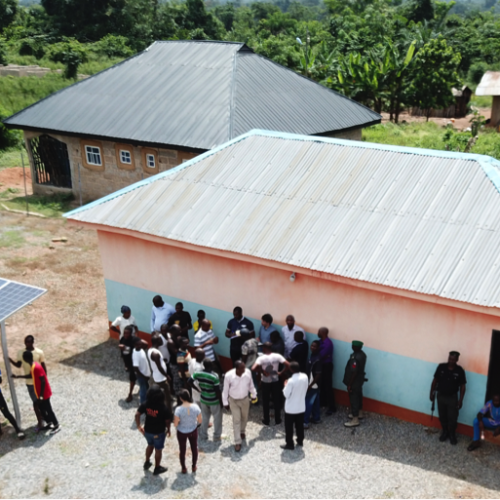
Using Undergrid Minigrids to Drive Development in Thousands of Sub-Saharan African Communities
Throughout sub-Saharan Africa, hundreds of millions of people live “under the grid,” where they are nominally served by a utility but receive little or no power. For example, in Mokoloki community in Ogun State, Nigeria, electricity arrives sporadically; residents can only access power for a few hours at a time,…
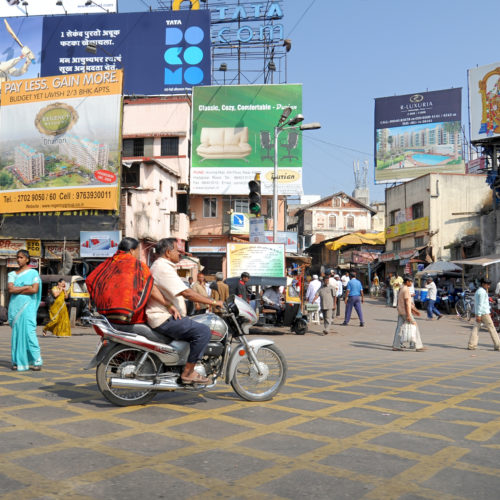
RMI’s India Program Launches the Urban Mobility Lab
When Rocky Mountain Institute’s cofounder and chief scientist, Amory Lovins, first met with Indian government officials in March 2016 to explore opportunities for collaboration, India’s ambitions in renewable energy and clean transportation were quickly moving from idea to action. More than two years later, India continues to make progress toward…
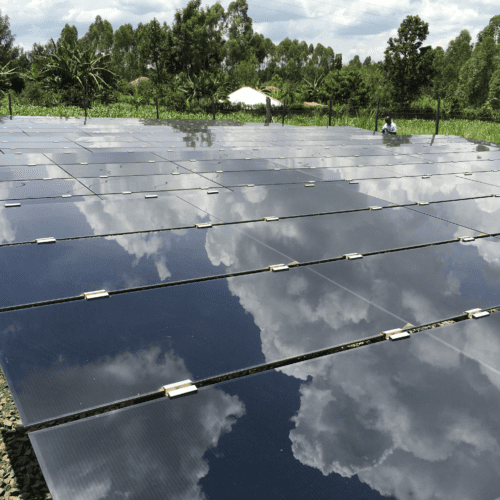
Solar Under Storm: Designing Hurricane-Resilient PV Systems
The 2017 hurricane season was one of the most active in history. Hurricanes Harvey, Irma, and Maria brought widespread destruction throughout the Caribbean. In addition to the emotional toll these severe storms had on people in the region, the disruption of critical infrastructure left many communities without basic services…
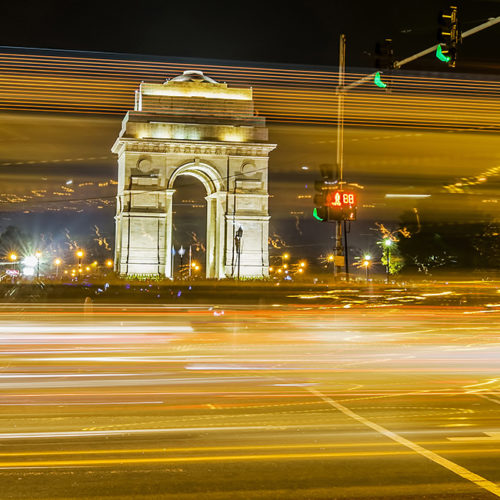
India’s Mobility Leapfrog
While the U.S. withdrawal from the Paris Agreement may seem to have steered global climate action into the breakdown lane, India is signaling a switch to the fast lane that could define the transition to low-carbon mobility in emerging economies. In March 2016, Minister Piyush Goyal set India’s sights on…
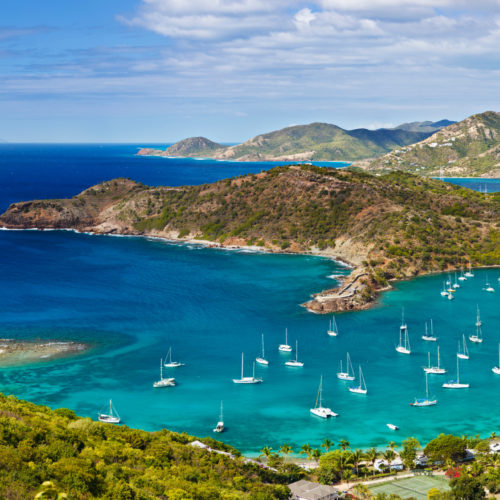
How Caribbean Islands Are Leading the Clean Energy Transformation
When most people think about Caribbean islands, they envision white sand beaches and coral reefs. But for people like us who work on combatting climate change, what first comes to mind are rising sea levels, extreme storms, eroding coastlines, and other consequences that these islands face. They are on the…